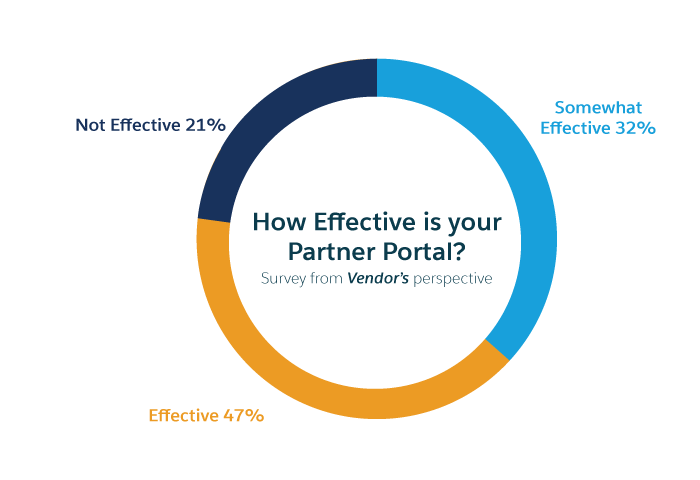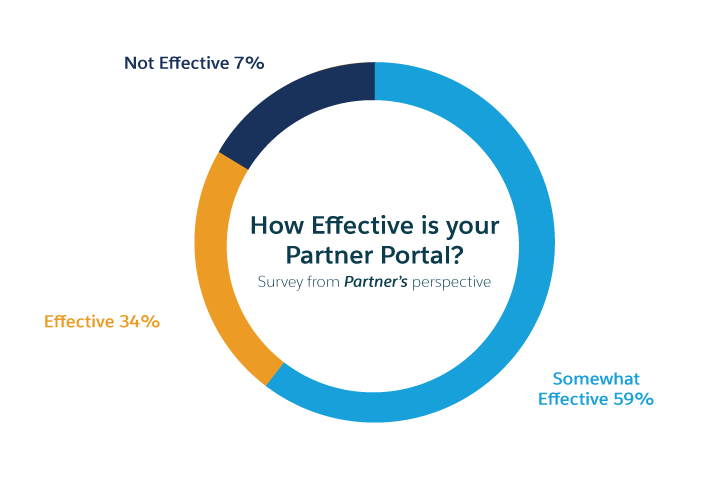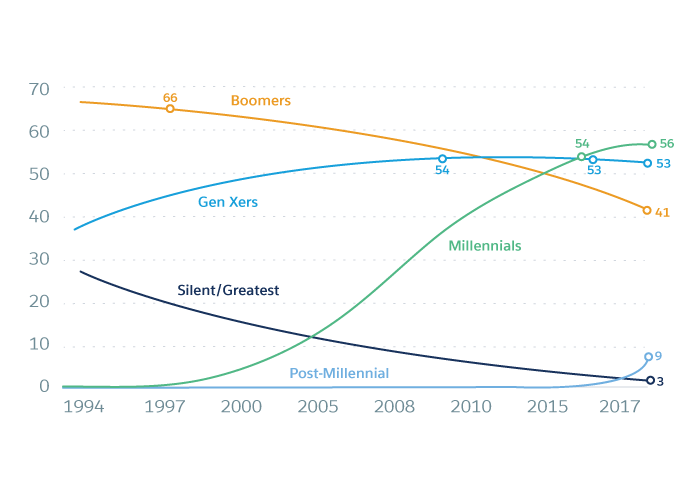
Get your FREE 30-day trial.
Please complete all fields.
A staggering 80% of the world’s commerce occurs via partners — that’s retailers and dealers, for example. These partners use their unique knowledge of local markets and pre-existing customer relationships to better position products and services to help businesses scale. However, the competition partners face is fierce, so it’s important to make their job as easy and integrated as possible with your brand.
Imagine managing your partner relationships with an online portal that they’ll actually want to use. In order to be enticing, portals must include three key aspects:
Personalization
Tools to market and sell
Seamless collaboration, so brands and their partners can easily communicate
In this blog, we’ll cover the concept of personalized experiences. As I like to say, “experience is the new product” because no longer are companies competing on the quality of their offerings. Like today’s customers, partners are ready and willing to make decisions on what brands to work with on experience alone.
Here are four ways to personalize the partner experience for your brand:
1. Span the entire supply chain
Brands may think a good experience results from addressing the supply chain gap between their organization and the partner. However, that’s only one small piece of the puzzle.
Smooth experiences that cover the entire supply chain from brand to partner to customer tend to be the most successful. The question that all brands should answer is not just, “how do we connect with partners?” It’s also: “how do we connect with partners in order to help them build loyalty with the end consumer?”.
2. Ease of use to win mindshare
Partners will work with the brands that provide the products or services that their customers demand, which means brands need to work hard to stand out. One way is to create a better experience for your partners by consolidating everything they need in one place.
However, many brands struggle with the reality of how partners perceive their online portal’s effectiveness.While 47% of vendors think their portals are effective, only 34% of channel partners agree.


There are multiple reasons why a partner may not like using your portal, including having to sift through disorganized information, and switching between multiple, disconnected tools. Since partners often work with several brands at once, this problem can multiply and, therefore, cause the required effort to become overwhelming.
A more engaging portal offers an experience that is helpful, connected, and seamless to use.
3. Millennial expectations push vendors to change
Millennials have become a large part of the workforce. In fact, 75% of the channel will be comprised of millennials by 2024, according to CompTIA 2016 Channel Survey. Because this generation grew up with the internet, they expect the easy, connected, and personalized experience that they’re used to in their personal lives to cross-over into their professional lives as partners.

And because millennials are also a fully mobile generation, access to information on-the-go is important. For partners who are often out meeting customers, the ability to connect with their brands on mobile makes a big difference. Partners will prioritize brands that provide an effective on-the-go experience.
Red Hat, a company that makes open source technology for enterprises, is a great example of a business that reimagined their partner experience. Although many Fortune 500 companies use its innovative technology, Red Hat struggled with creating a smooth user experience via an outdated portal. In short, partners had trouble finding the relevant information they needed.
By making the move to Sales Cloud PRM, Red Hat partners can now access sales and marketing support, product documentation, and online training in the same place that they manage their account, opportunities, and register new deals.
Plus, with custom objects (objects that do not come out-of-the-box with Salesforce, but can be created and customized by an admin) in Salesforce, Red Hat is now able to display dynamic content to over 30,000 business and technology partners based on their specific segment, tier, region, role, and even specializations.
For Red Hat, their improved partner experience has led to:
62% increase in registered partner users
59% increase in accredited partners
$279 million in new deal registrations
Red Hat demonstrates how brands that prioritize seamless, personalized partner portals are rewarded with more engagement and sales.
You can learn more about enhancing your own partner experience by listening to “The Future of Indirect Sales: Adapt or Get Left Behind” webinar, featuring Jason Perocho and Tiffani Bova, two Salesforce experts on maximizing partner relationships.